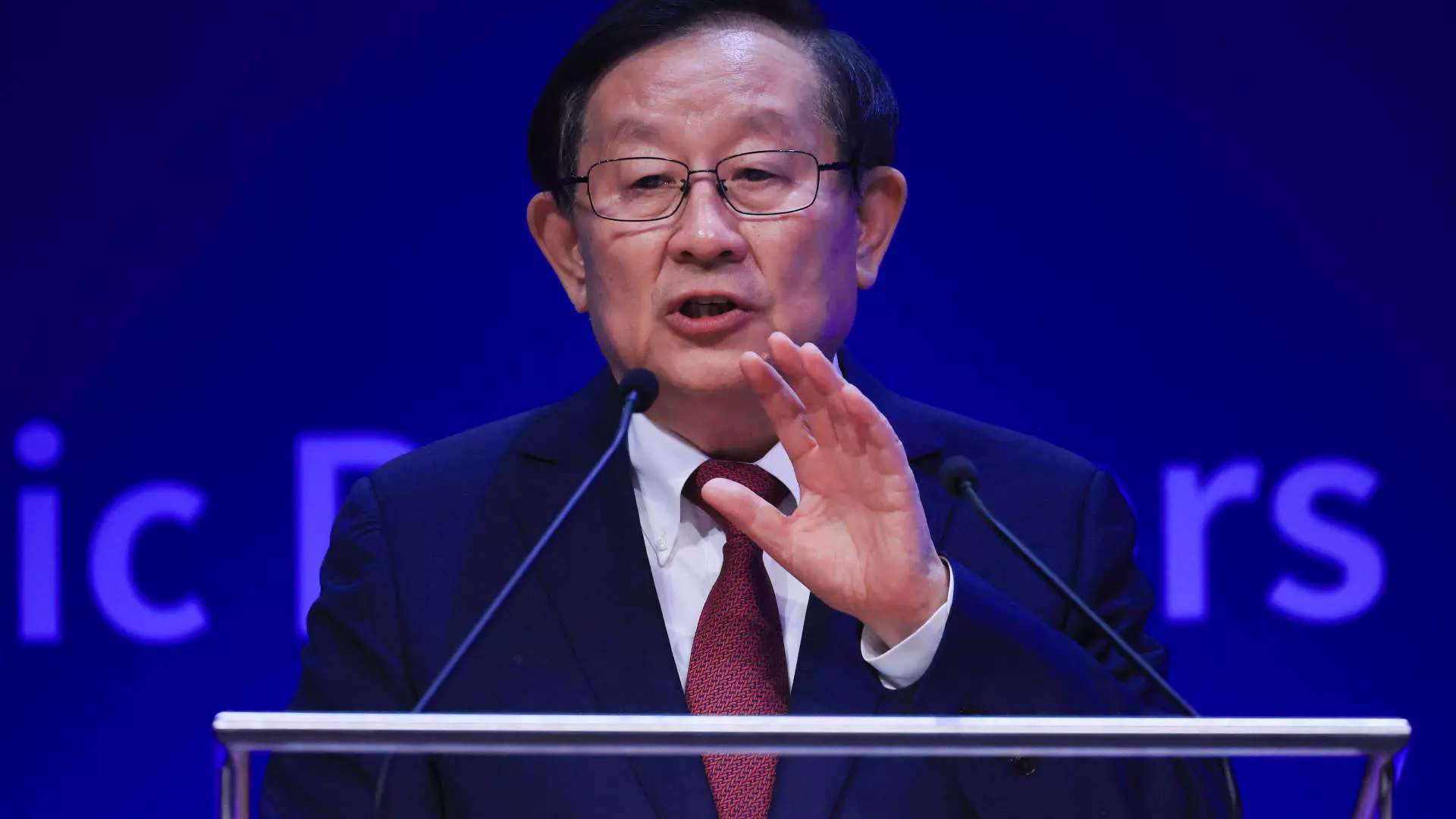The ongoing trade tensions between China and the European Union have caused a stir in the electric vehicles industry. Wan Gang, the visionary behind China’s electric car strategy, recently spoke about the potential for Chinese investment in European electric vehicles as a way to move forward amidst these challenges. He highlighted the need for negotiations between both parties to combine investment opportunities with commodity trade for mutual benefit.
Wan Gang emphasized that the governments of China and the European Union are currently contemplating the best path forward in light of these trade tensions. While details on specific plans are scarce, it is clear that both sides are open to exploring new avenues for collaboration. Wan’s suggestion of Chinese companies investing in Europe not only presents a strategic move but also holds the potential to create local job opportunities in the European market.
China’s Ministry of Commerce recently announced consultations with the EU regarding the latter’s probe into subsidies for Chinese electric cars. This development comes on the heels of the EU’s decision to increase tariffs on imported electric vehicles. Wan Gang’s insights shed light on China’s early adoption of electric vehicles as a strategic response to global oil price volatility and environmental concerns. It is evident that China’s focus has been on sustainable development rather than competition with other players.
As electric vehicles gain traction in the market, Wan Gang stressed the importance of addressing key consumer concerns. He highlighted the need for advancements in technology to alleviate drivers’ range anxiety and enhance overall safety on the road. Technologies such as automatic charging capabilities and driver-assist systems are crucial for the widespread adoption of electric cars.
The rise of new energy vehicles in China, including battery and hybrid-powered cars, signifies a significant shift towards sustainable transportation solutions. Wan Gang’s observations about the impact of air pollution in Chinese cities leading to the adoption of electric buses and taxis underscore the growing importance of environmental considerations in the automotive industry. With over a third of new passenger cars being categorized as new energy vehicles in China, it is evident that the market is moving towards greener alternatives.
Despite the progress made in the electric vehicles sector, Wan Gang acknowledged that there is still work to be done. Addressing consumer concerns, improving charging infrastructure, and enhancing safety features are key areas of focus for electric car manufacturers. Moving forward, collaborations between China and the EU in the electric vehicles industry could pave the way for greater innovation and sustainable growth in both markets.

Leave a Reply